The US penny is being phased out. The last coin was produced by the US Mint last week after an order from the White House. While pennies remain legal tender, the old ones will slowly be removed from circulation.
Some argue there is good reason behind this. After all, making a penny is now more expensive than its intrinsic value. However, many are worried about the cultural aspects of the coin. Would the “take a penny, leave a penny” tradition persist? Or penny loafers? Or tossing a penny into a fountain and making a wish?
Regardless, the penny is set to disappear. But its impact will be felt widely – mostly by small merchants who deal in cash in a system that increasingly relies on scale, technology and plastic. Those who use only cash – people without bank accounts who have the least room to absorb even tiny shifts in price – will also be affected.
My interest comes from my former lives as the chief financial officer of a large credit union and as a small-business owner. Now, I bridge theory and practice as a professor – or “prac-ademic,” as I like to say – studying the challenges facing Main Street businesses.
When the penny goes away, some will win, some will lose – and for some, it will be a coin toss.
The winners
The biggest winner is undoubtedly the US government. Good old Uncle Sam is set to save tens of millions of dollars each year because it no longer produces a coin that costs more to make than it is worth. Ending production seems like an easy call for efficiency’s sake.
Another winner? Banks and credit unions. Pennies are unreasonably expensive to handle. Each bag must be counted, sorted, rolled, verified and sent back to the Federal Reserve. This adds up to labour and equipment costs that far exceed the coin’s value. Removing the smallest denomination strips out an entire layer of cost and friction from bank operations – savings that scale immediately across thousands of branches.
Quick Reads
View AllAnother beneficiary, this one hiding in plain sight, is the armoured-carrier industry. For companies such as Loomis and Brink’s, pennies are heavy, low-value cargo and a logistical money-loser. Removing penny pick-ups eliminates one of their most inefficient services, reducing fuel use, labour hours and truck wear.
Large retailers will also likely win. Size and scale make it easier to undertake preparations both big and small, such as reprogramming cash registers and stockpiling pennies to hedge against shortages. Larger companies also have the talent and capacity to determine the true costs and benefits of accepting cash or non-cash payments. If most of their transactions are already digital, they may be relatively indifferent to the end of the penny.
Large retailers also negotiate lower card-processing rates, which are the fees merchants must pay to card companies every time a customer uses a credit or debit card. These rates are not uniform: large chains get discounted pricing based on sales volume, while small businesses face higher costs for identical transactions. It follows that any policy change leading to more people paying with plastic will disproportionately benefit larger retailers.
To be sure, some banks, credit unions and large retailers have expressed concern and surprise at the pace of the change and the lack of guidance from the federal government. But for most, the penny’s end is a minor operational footnote. Online-only businesses operate in this frictionless world as well – no coins, no counting, no issue.
The losers
For small, Main Street businesses, the penny’s disappearance highlights the structural disadvantages they already face – and I think it will force a reckoning about what types of payments benefit their bottom line.
As pennies phase out, local businesses are likely to round cash transactions to the nearest 5 cents, resulting in what economists call a “rounding tax”. Rounding to the nearest nickel could cost businesses and consumers about $6 million (Rs 53. 20 crore) annually, according to researchers with the Federal Reserve Bank of Richmond.
Nor would it offer much relief if more shoppers turn to plastic and other non-cash payments. That is because most small merchants lack the negotiating power to lower their card-processing fees.
Card acceptance comes with a layered stack of costs for merchants: interchange fees, network assessments, processor mark-ups, gateway fees, chargeback penalties, terminal rentals and more. Together, these average 2.5 per cent to 3.5 per cent per sale for many small businesses. There are also expenses associated with adopting the latest payment methods and keeping them updated.
Consider a quick-service restaurant where a typical customer spends $14 (Rs 1,241.24). If that customer pays with a credit card and the business pays an average processing fee of 2.2 per cent plus 10 cents per transaction, each sale incurs about 41 cents in fees. Even low-cost debit cards include fixed per-transaction charges that disproportionately affect businesses when the per-sale average is small. When the average sale is $10 (Rs 886.60) or less, it barely covers the cost to process it as a card transaction.
That said, handling cash also comes at a cost, and it is not always easy to know what is best for business. One analysis found that accepting cash costs 53 cents per $100 (Rs 8,866) of sales, compared with $1.12 for accepting debit payments using a signature and 81 cents for PIN-based debit. Of course, businesses should also keep in mind that different customers have different payment preferences.
And speaking of customers, those who are most likely to feel the pinch from the end of the penny are people who still rely on cash: older adults, lower-income households, people without credit cards or bank accounts – either unbanked or underbanked – and people who budget in cash because it provides firmer spending discipline.
A few cents added to a grocery total or a convenience-store purchase may not matter to someone tapping a rewards credit card, but cash-dependent consumers experience those small increases directly, with no offsetting points, perks or end-of-month cashback. And yes, prices often end in 99 cents, which get rounded up, not down. So the burden falls disproportionately on those least equipped to absorb even small, cumulative increases.
The maybes
Digital-first consumers may barely notice the penny’s disappearance. They tap phones, scan QR codes and use payment apps that still settle to the exact amount.
While businesses have not yet received final guidance on how to handle payments in the post-penny era, one option is to price electronic transactions to the cent and round cash transactions to the nearest nickel. If that approach were widely adopted, digital payments alone would remain precise.
Consumers who use cashless payments may believe their choice does not affect how they shop, but behavioural research suggests otherwise. Credit cards reduce the “pain of paying”, leading people to spend more – often 10 per cent to 20 per cent more than with cash. Credit card rewards programmes further incentivise card use. In one last nod to the cost of non-cash payments, those rewards are funded by higher merchant fees that ultimately translate into higher retail prices.
Killing the penny makes economic sense for the government and some businesses, yet it also highlights a deeper truth: efficiency tends to reward the already efficient. For many, however, even when the change is small, every cent still counts.
Clinical Associate Professor of Innovation and Entrepreneurship, University of Rhode Island.
This article is republished from The Conversation under a Creative Commons license. Read the original article.


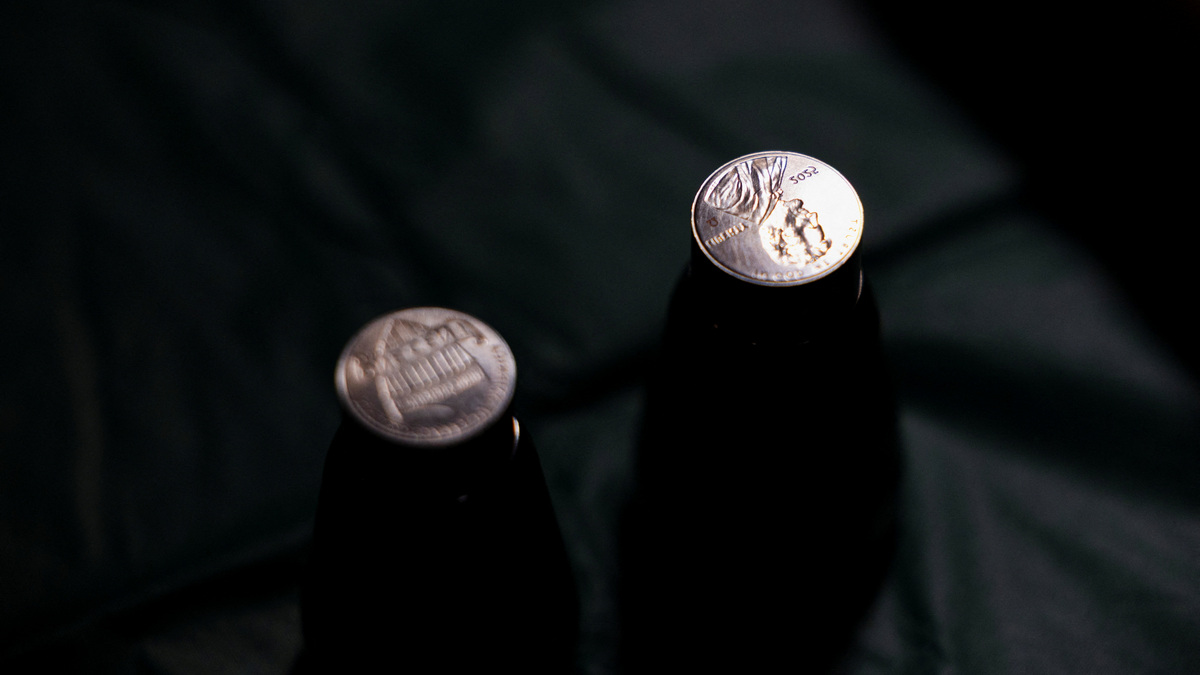)

)
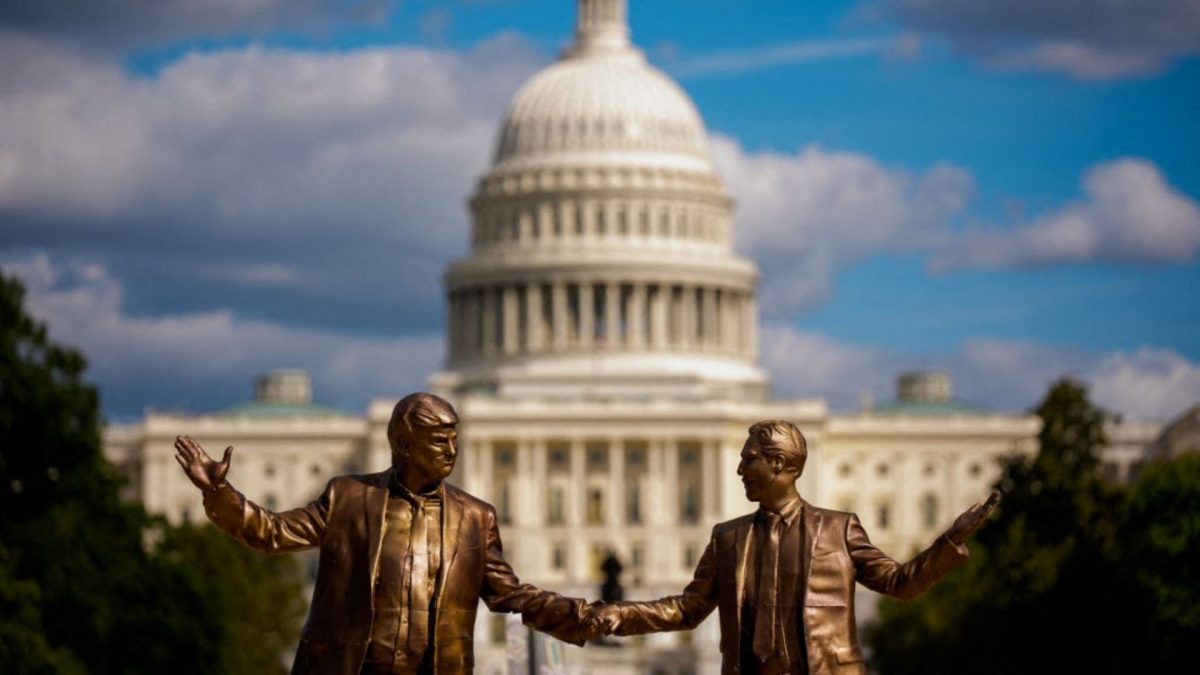)
)
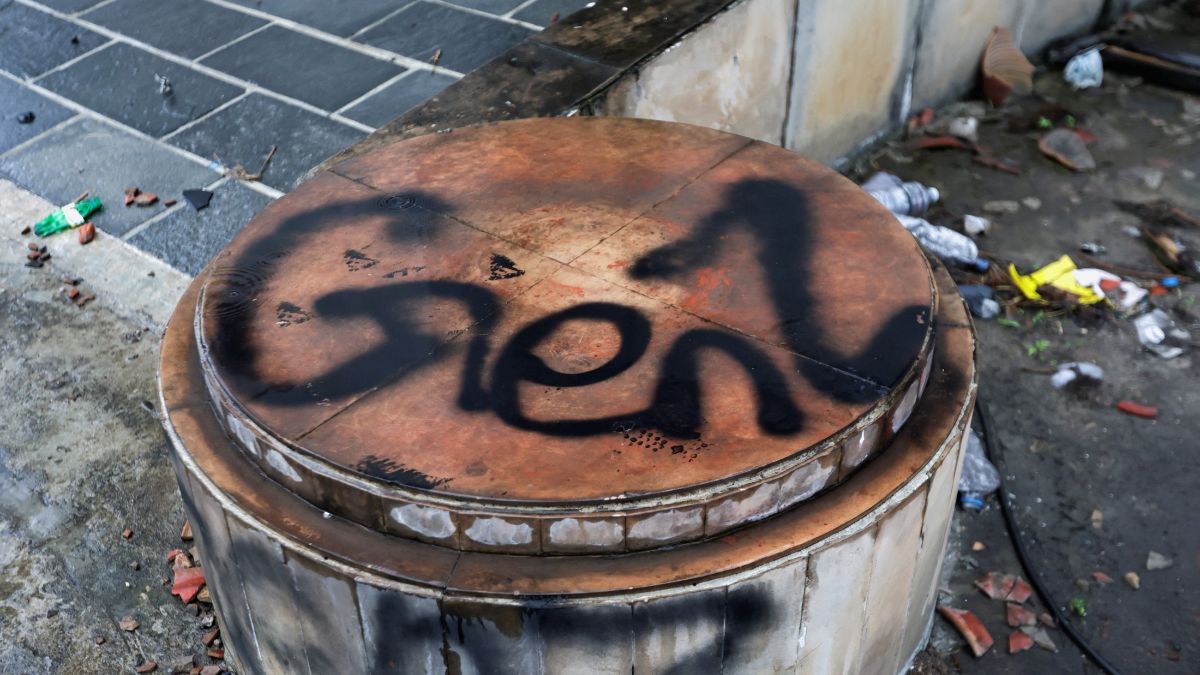)
)
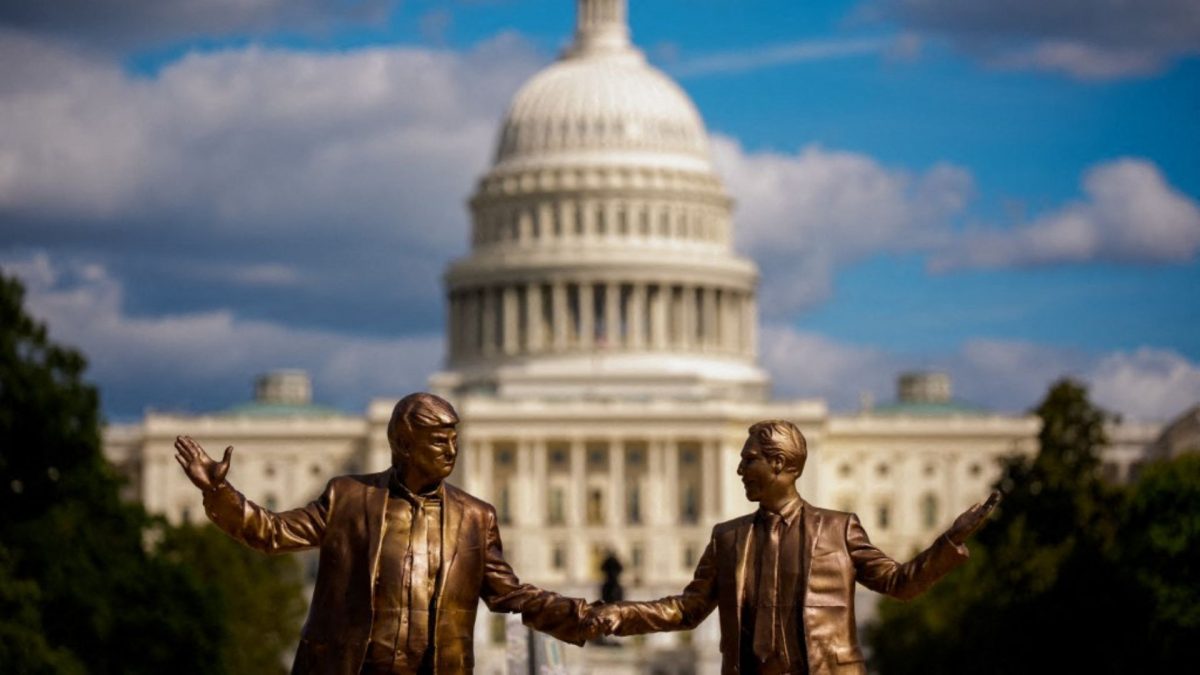)
)
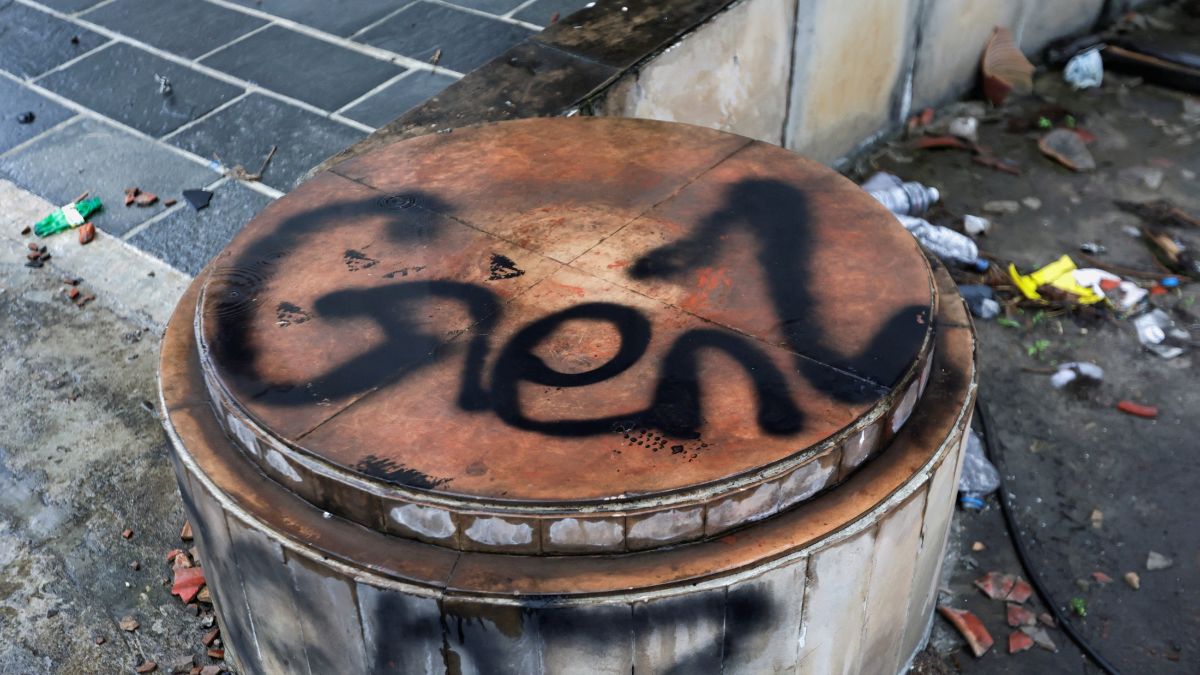)



